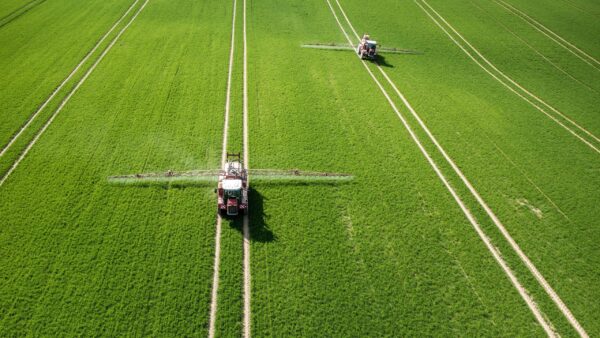After months of consultations, Health Canada released its long-awaited guidance on gene edited crops in late 2022. In its guidance documents, Health Canada reiterated that risk to consumers is based on product characteristics, not the process used to make the product.
According to the guidance, foods that meet the following criteria will not be considered novel and therefore will not be subject to the same regulation as GMOs.
- Foods derived from plants with genetic modifications that do not alter an endogenous protein in a way that introduces or increases similarity with a known allergen or toxin relevant to human health;
- Foods derived from plants with genetic modifications that do not increase levels of a known endogenous allergen, a known endogenous toxin, or a known endogenous anti-nutrient beyond the documented ranges observed for these analytes in the plant species;
- Foods derived from plants with genetic modifications that do not have an impact on key nutritional composition and/or metabolism;
- Foods derived from plants with genetic modifications that do not intentionally change the food use of the plant; and
- Foods derived from plants with genetic modifications that do not result in the presence of foreign DNA in the final plant product.
Groups like Cereals Canada applauded the guidance, saying it allows Canadian plant breeders to innovate and be world leaders in creating healthy food products for the world.
“Plant breeding innovation means to me more access to new, safe and beneficial plant varieties,” said Todd Hames, Alberta wheat grower and Chair of Cereals Canada. “This allows me to continue to be sustainable in a changing climate to grow safe, high-quality and affordable food for Canadians and our global consumers.”
The guidance was a long time coming, bringing much-needed clarification that will help plant breeders to better innovate.













